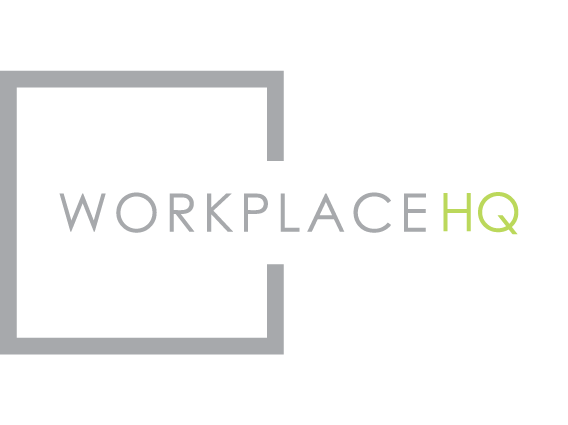Workplace Vaccination Update
Companies, including SPC and Qantas, have indicated that they will make COVID vaccinations mandatory for parts of their workforces in the coming months. It will be interesting to see how employees and their associations view these requirements, particularly when access to vaccines is very much an ongoing issue for many people.
SPC is relying on the fact that its business offers an essential service, and also the need to comply with work health and safety obligations, to justify the mandatory vaccination stance.
Qantas has also indicated that it will require all of its employees to be vaccinated, with varying timeframes for frontline v non frontline employees. Qantas surveyed its employees and found the overwhelming majority agreed with mandatory vaccination.
Lawful and reasonable directions
Each workplace, and each employee in the workplace, will need to be assessed on a case by case basis, in order to determine whether a mandatory vaccination direction would be considered reasonable. Fair Work has recommended that the following factors be given consideration in determining whether a direction to vaccinate is reasonable:
- the nature of each workplace (for example, the extent to which employees need to work in public facing roles, whether social distancing is possible and whether the business is providing an essential service);
- the extent of community transmission of COVID-19 in the location where the direction is to be given, including the risk of transmission of the Delta variant among employees, customers or other members of the community;
- work health and safety obligations;
- each employee’s circumstances, including their duties and the risks associated with their work;
- whether employees have a legitimate reason for not being vaccinated (for example, a medical reason); and
- vaccine availability.
The Tier Approach
Fair Work has also recommended that consideration be given to the Tier approach, and to divide work into 4 main tiers:
- Tier 1 work, where employees are required as part of their duties to interact with people with an increased risk of being infected with coronavirus (for example, employees working in hotel quarantine or border control).
- Tier 2 work, where employees are required to have close contact with people who are particularly vulnerable to the health impacts of coronavirus (for example, employees working in health care or aged care).
- Tier 3 work, where there is interaction or likely interaction between employees and other people such as customers, other employees or the public in the normal course of employment (for example, stores providing essential goods and services).
- Tier 4 work, where employees have minimal face-to-face interaction as part of their normal employment duties (for example, where they are working from home).
A direction for Tier 4 workers to be vaccinated when they are working in an area which has no community transmission, may not be reasonable but for Tier 2 workers who work in an area where there is community transmission, it may well be. Availability of vaccine in areas is also relevant at the current time.
Guidance from Fair Work
The advice from Fair Work continues to be updated but there is no clear position yet. We await ongoing advice and guidance from Fair Work on this issue.
Recommendations
It is for each workplace to consult with its employees concerning a mandatory vaccine policy. Employers should give serious consideration to the tiers under which each employee would fall. A comprehensive policy should be developed, which is non-discriminatory, and factors in all relevant circumstances to mandate vaccines.
We will continue to keep you updated on any changes. However please don’t hesitate to contact us if you would like any further information regarding the above or have any questions specific to your business.



